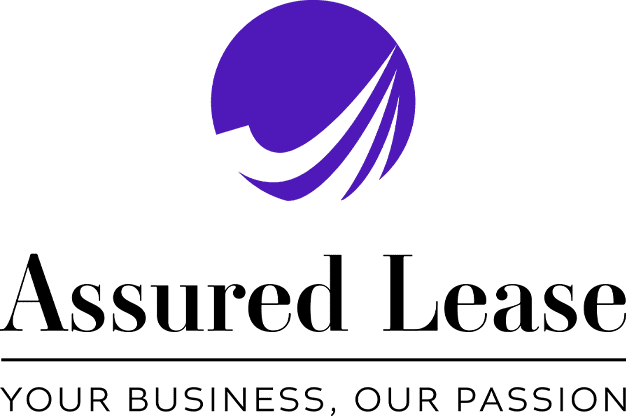Buy vs. Lease?
It’s a common dilemma: lease or buy, buy or lease, which is better? Everyone who has ever considered leasing has had this question cross their mind. So what is the answer?
Two Different Methods of Equipment Financing
Leases and loans are simply two different methods of equipment financing. One finances the use of the equipment; the other finances the purchase of the equipment. Each has its own benefits and drawbacks.
It’s not possible to simply say that one is always better than the other because, well, it depends on your own particular situation and preferences.
You must not only look at the financial comparisons but also at your own personal priorities — what’s important to you.
Is having a new piece of equipment every two or three years with no major repair risks more important than long-term cost? Are long term cost savings more important than lower monthly payments? Is ownership more important than low up-front costs and no down payment?
So, making the lease or buy decision is not quite cut and dry. There are some things you need to know first.
Things To Know Before You Lease or Buy
When comparing lease vs loan, or bank vs leasing company, for the lowest rates, it is important to understand key terminology and points. Equipment leasing companies and lease funding sources may be the best overall choice for purchasing your equipment.
Rate Structure: Banks prefer to loan long-term money on a floating or variable rate tied to prime, or some other indices. This places the rate risk on you instead of the bank. Lease rates are fixed for the term of the lease.
Soft Costs: Soft costs are such things as sales tax, shipping, installation, training, software, etc. Your friendly banker is more likely not going to finance these integral parts of your equipment financing needs. Leasing is 100% financing and can cover all soft costs.
Down Payment: Banks typically require 10 to 25% down on any equipment financing. Once again, they are more concerned about their exposure and risk and less concerned about your practical business needs (e.g. retention of working capital). Leasing is 100% financing and rarely requires down payments.
Compensating Balances: Most banks will require that you maintain certain minimum balances if you want their lowest rates. Think about this one for a second; if you maintain certain balances that they pay you no, or low, interest on, this inflates their actual yield well above your loan interest rate. Additionally, this ties up your working capital. Leasing has no such requirement.
Restrictive Covenants: Most bank loans contain all sorts of restrictions and covenants, such as maintenance of certain financial ratios, restrictions on future debt and salary restrictions. Additionally, look for “Call” provisions which banks incorporate that give them the right to demand an early payoff of your loan for reasons you have no control over. Leasing has none of these types of provisions.
Revolving Loan: Banks prefer to classify a loan as a “Revolving” loan. This gives them the ability to extend or cancel the loan on a yearly basis. This means annual submission of Financial Statements for review and approval, often with sizable review fees payable by you. Additionally, this loan is now a current liability, which can really distort your financial ratios. Leasing is fixed long term financing, with no yearly review fees.
Blanket Lien on Business: Banks take a security interest in all of your company’s assets (presently owned and acquired in the future) by publicly filing a GSA or General Security Agreement. This ties up all of your assets, including inventory and receivables. Leasing files a PPSA or personal property security agreement only on the leased equipment.
Lending Limits: Banks establish a maximum borrowing limit for the company, and generally the principals also. This restricts future borrowing. Leasing offers a multitude of alternative lending options in addition to your company’s bank lending options.
Credit Review Process: The bank credit review process is long and tedious and generally requires further information. Leasing usually takes 1-2 business days for an approval.
Tax Write Off: Since bank financing makes you the owner of the equipment, your only tax advantage is depreciation and the loans interest. Lease Payments may be 100% deductible or may be a form of accelerated depreciation depending upon the lease type and your company’s financial structure.
Learn more about what we lease and our process.








